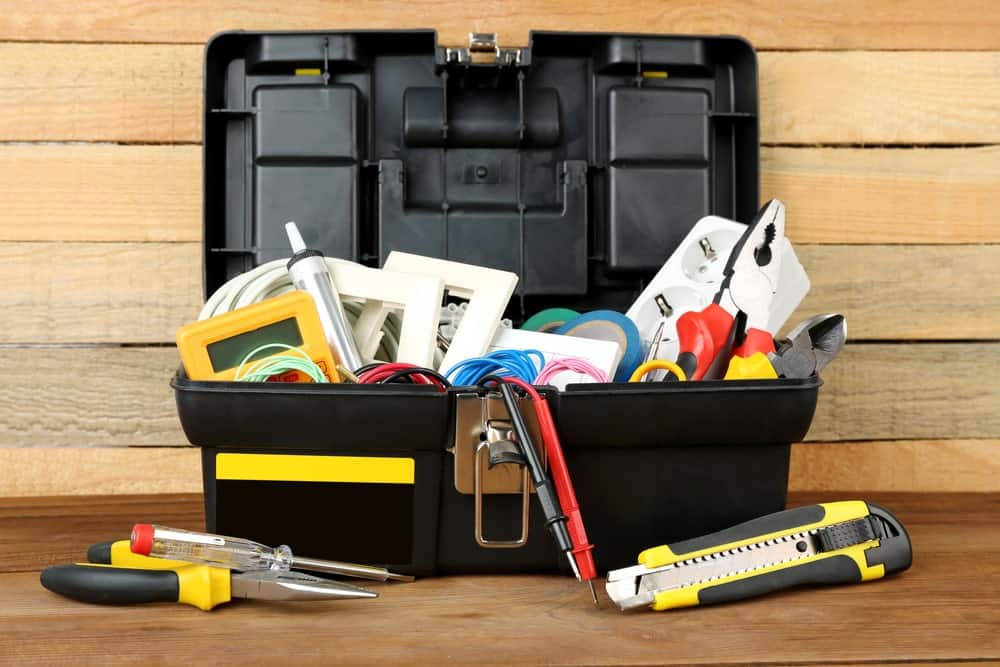Wooden vs. Plastic Tool Box: Which Is The Best For You?
Your favourite wooden tool box has stood the test of time and served you well for many years. But has the time come to upgrade to a weather proof, lightweight ruggedized plastic tool box or is the wooden model still the best for you?
Let’s take a look at both types of tool box to see how they compare.
Wooden tool box
Wooden tool boxes have a great tradition in the trade world. They are strong, solid and can fit a large number of tools for easy portability. Wood is a natural substance that will rarely damage your tools, and is unlikely to blunt or damage your sharp metal implements. A wooden tool box can be made cheaply at home with spare pieces of timber and a few nails. A wooden handle conforms easily to the hand and is unlikely to chafe the palm when being carried.
On the other hand, the wooden tool box is open, leaving your tools exposed to wet, cold and heat, causing electric and metal tools to deteriorate. The lack of lid makes transporting more hazardous, especially at heights. If the tool box tips or falls, falling tools can be damaged, as well as posing a hazard to workers below. Your wooden tool box also can’t be locked, leaving your equipment vulnerable to theft.
The wood itself is also subject to wear. It is responsive to weather conditions including temperature which can cause warping and cracking. This can loosen nails or screws, making the tool box unstable and liable to break. Wood is also flammable which can be hazardous in certain trades.
Plastic Tool Box
Plastic tool boxes are generally constructed from industrial grade polypropylene, for extra durability. They are moulded to shape so have no movable parts to separate or come loose. The plastic tool box comes with a hinged lid, fastener and lock. With a secure lid, your tools are protected from the elements and secure from pilfering. It prevents equipment falling out of the box when working at heights, avoiding a dangerous hazard. The plastic is soft on tools and will not either damage or be damaged by sharp implements. Plastic tools boxes suitable for harsh environments such as the GT Line Plastic Tool Case are fully waterproof, corrosion, sand and dustproof, shockproof and crushproof.
Under the lid, lift out trays provide secure compartments for small items such as screws, nails, drill bits, nuts, and bolts or washers. Some plastic tool boxes have layers for spanners, screwdrivers, and pliers and come with wheels and telescopic handles, allowing heavier tools to be carried efficiently between and around sites. On the negative side, plastic can melt in high temperatures, and will eventually shed microplastics into the atmosphere.
The type of tool box you prefer to keep your tools handy, secure, undamaged, and easy to move from place to place is essentially a personal choice. For more information on tool box types and configurations visit a tool box expert nearby or online.

